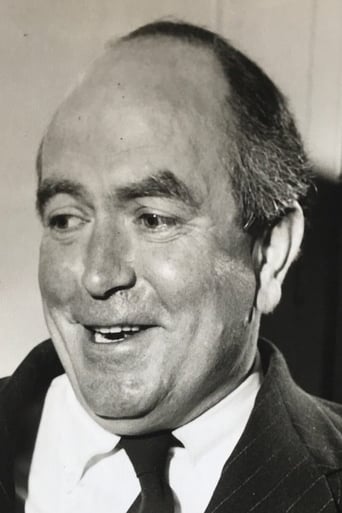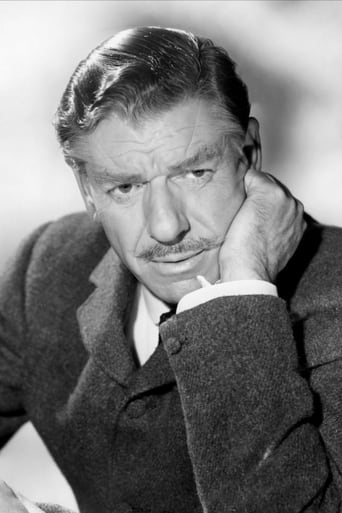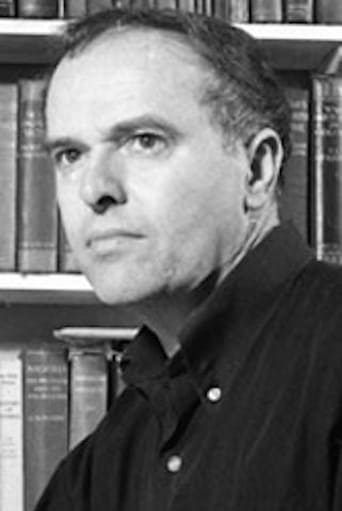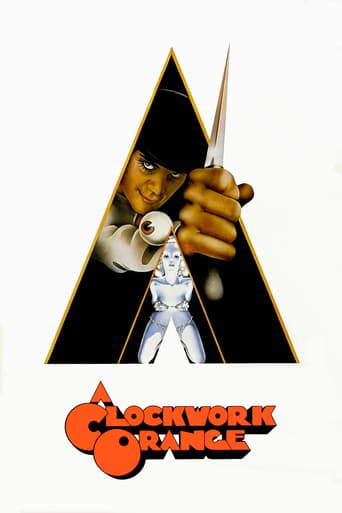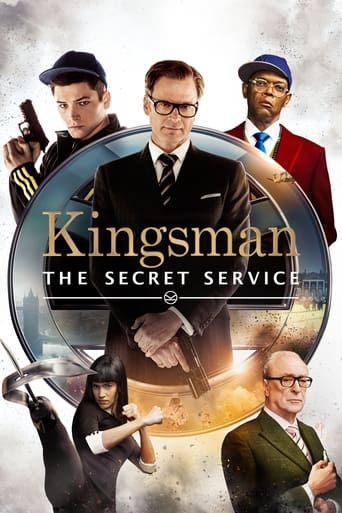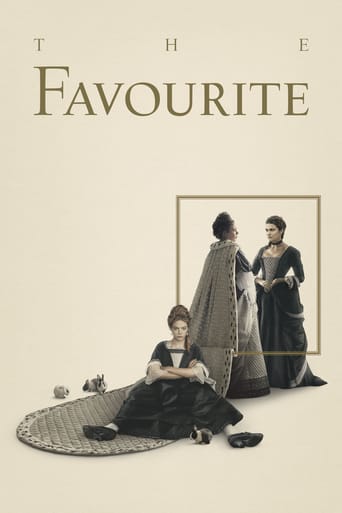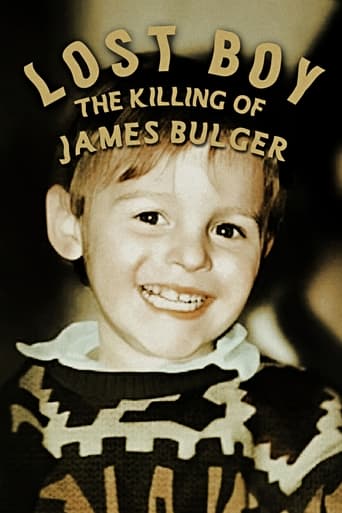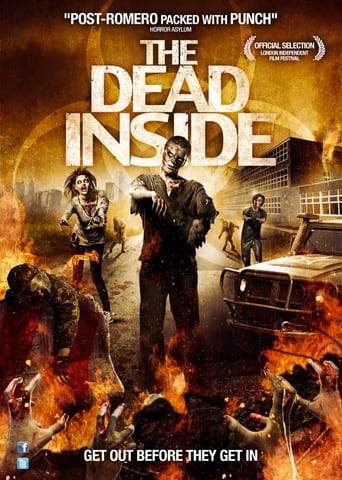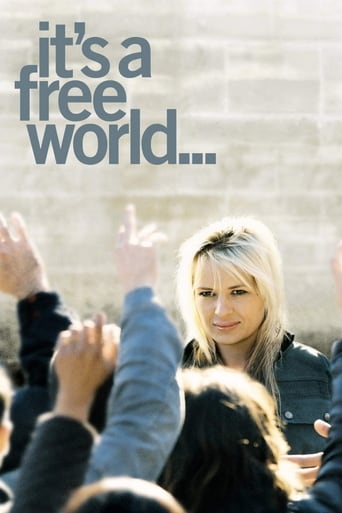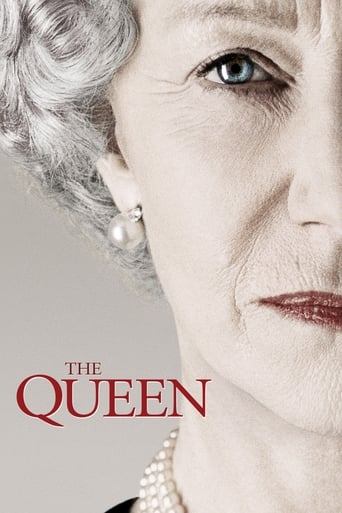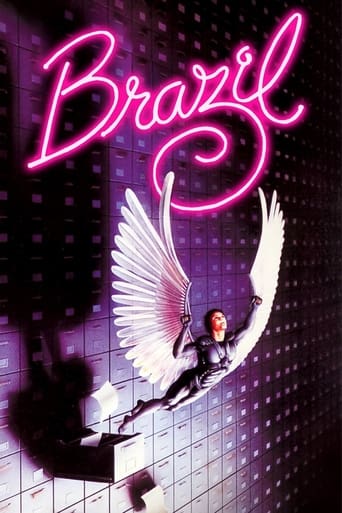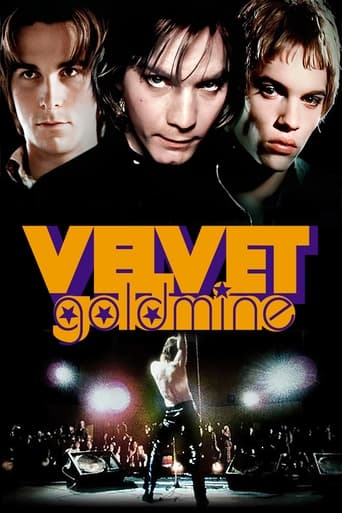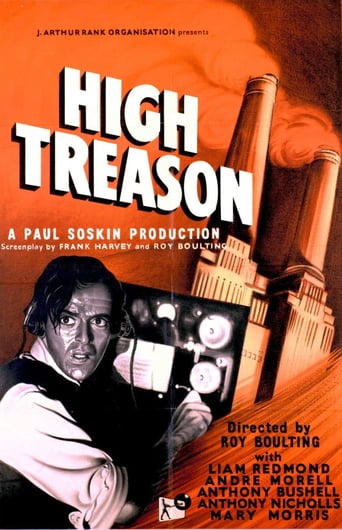
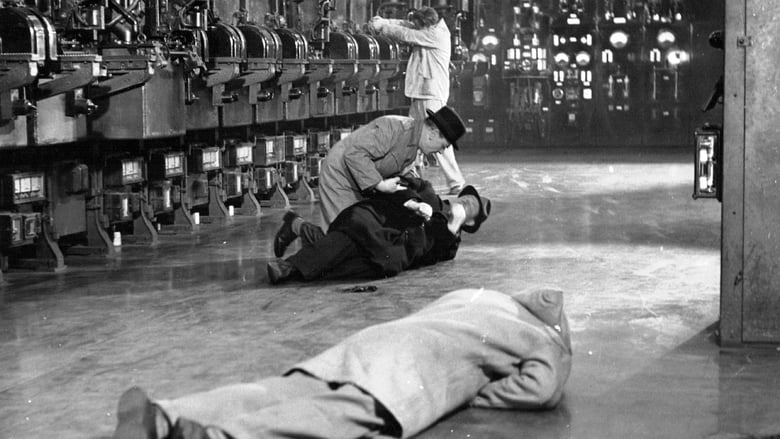
High Treason (1951)
Men from Scotland Yard and military intelligence build a dossier on a sabotage ring.
Watch Trailer
Cast


Similar titles
Reviews
The Worst Film Ever
Excellent, Without a doubt!!
As somebody who had not heard any of this before, it became a curious phenomenon to sit and watch a film and slowly have the realities begin to click into place.
The film never slows down or bores, plunging from one harrowing sequence to the next.
Roy Boulting's drama reminded me of the Archer's HOUR OF GLORY, about the work of bomb disposal during the war, released a couple of years earlier. Like that drama, there's nothing glamorous or flag-waving about it. The war may have grown cold and it may now be about Communist cells and politicians happy to use explosions that kill dockworkers for their own political advantage, but it has the same dirty and unhappy feeling about it.Cinematographer Gilbert Taylor abets this gloomy and paranoid atmosphere with stark British noir lighting. The sets are cramped and crowded, and starkly lit from the side and overhead, to offer dramatic shapes, but never let you look anyone in the eye. The actors are all good: no stars of the era, but performers you would recognize, familiar faces..... so that the audience members would say don't I know him? He couldn't be a bad 'un.... but in Boulting's nasty world, the best can turn out to be the worst, and the only salvation lies in the fact that there is yet some decency among the unregarded.Well, that last pious wish was because he was working among other big-name behind-the-screen talent and money men. Soon enough he would reunite with his twin brother John and they would turn out some movies where only fools were decent.
'High Treason' was the second of an unofficial trio of cold war dramas directed by Roy Boulting, beginning with 'Seven Days to Noon' in 1950 and ending with 'Suspect' in 1960. For the few people that have ever heard of it, 'High Treason' comes as an embarrassment undoing all the good that Roy and his brother John had done the year before with the Oscar-winning 'Seven Days to Noon' which stands up impeccably to modern political sensibilities after nearly seventy years; while 'High Treason' seems to belong more with Hollywood exercises in Red-baiting paranoia like 'The Iron Curtain' and 'I Was a Communist for the FBI'.As filmmaking, however, it's well up to the standards of the Boultings' other films of the period, immaculately shot on location by Gilbert Taylor (and giving pride of place in a slam-bang climax to my favourite London landmark, Battersea power station), wittily scripted and flavourfully acted by an enormous cast of familiar British faces (including Andre Morell returning as Supt. Folland from 'Seven Days to Noon'). Just as ten years earlier wartime British films had exaggerated the extent of activity by wartime British fifth columnists, so the organised sabotage depicted here is rather fanciful. But the Portland spy case ten years later proved 'High Treason's depiction of spies in suburbia was spot on, while the defection of Burgess & Maclean the year the film was made would eventually blow the lid off just how high within the British establishment the Kremlin's influence had reached - as this film insinuates in the unctuous form of the urbanely treacherous Grant Mansfield. At that very moment a joint British & American operation to incite a popular revolt against the Communist regime of Enver Hoxha in Albania was meeting with failure after catastrophic failure costing the lives of over 300 agents because operational matters had been placed in the urbanely treacherous hands of Kim Philby.
There's a moment that seems to sum up the emotional tonus of this story of Commie espionage in London. Anthony Bushell has been sent undercover by Scotland Yard to investigate some avant-garde musical society that seems somehow connected to a terrible explosion at the docks.When the chief Scotland Yard investigator, Redmond, initially asks Bushell if he has any interest in music, Bushell replies dead-pan, "Why, do you need help moving a piano?" Bushell, undercover, attends a meeting of the society after joining it, and he sits in the audience, arms folded, while the speaker introduces a piece for a string trio that was the composer's "first effort -- and also his last." Yes, the music they play is very dramatic, the speaker tells us, but underneath there is lyricism and "some jolly good tunes." On stage, the trio launch into a lugubrious cascade of clashing chords that might sound appropriate if you were watching some kind of pop version of Dracula while on mushrooms. It dissolves your basilar membranes. It fuses your middle ear. The two violins moan and the cellist is going ape, throwing his hair wildly around. Well, Bushell has a face that's about as interesting as a hard-boiled egg, but his features twist into first horror, then disbelief as the flood of dissonance flows on and he rest of the audience sits rapt. I found the scene hilarious, and it didn't strike me as an imitation of Hitchcock in any way.The whole movie is like that. The events are serious indeed -- Soviet agents at work blowing up London -- but the dialog is quick and witty and layered over with a kind of strictly British humor -- or I should say "humour" -- that's hard to define. When the inspectors unexpectedly discover a murdered spy, one of them glances at it and says, "Hello." You never find this sort of stuff on "Law and Order" but you can find good examples in films like "Mona Lisa." And, though there are wisecracks in abundance in most American cop movies, they sound hyperbolic and slightly coarse.I'm skipping over the plot because, like most espionage and spy thrillers, it's pretty complicated. Men in overcoats following suspicious women in heels across city streets. Basically, it's a story of Redmond, Morrell, Bushell, and the rest incrementally pinning down the Red Menace, who might as well be gangsters as far as the dynamics are concerned. Some of the heavies are rough guys, some are pathetic sissies, a clerk in a bowler looks like T. S. Eliot, and the one at the top is suavely evil -- not much originality there. It's a serious movie. The Reds are all bastards. They kill one another without remorse if it moves the cause one step forward.The performances are all fine, except when the actors are hobbled by stereotypical roles. There's nothing special about the direction but the climactic confrontation is agreeably noirish -- all those wet cobblestone streets glistening under the lamps -- and the shoot out is well staged and exciting.
An otherwise workmanlike British thriller with familiar overtones of anti-Communist paranoia is salvaged by a lively script that underplays the bellicose propagandizing of other, similar witch-hunts. The emphasis instead is on action and character and some colorful local dialogue, as a network of saboteurs infiltrates the highest (and lowest) levels of democracy with nefarious plots to undermine England's power structure. The enemy agents are never precisely identified (it's clear who they are long before the authorities catch them 'Red' handed), and of course they're no match for the stiff upper lips of Scotland Yard, although it takes an extended gun battle at the Battersea power station to prove it. The film was less flattering and thus less popular than its predecessor, 'Seven Days to Noon', but seen today it remains an enjoyable, well-crafted relic from the warmer days of the Cold War.


